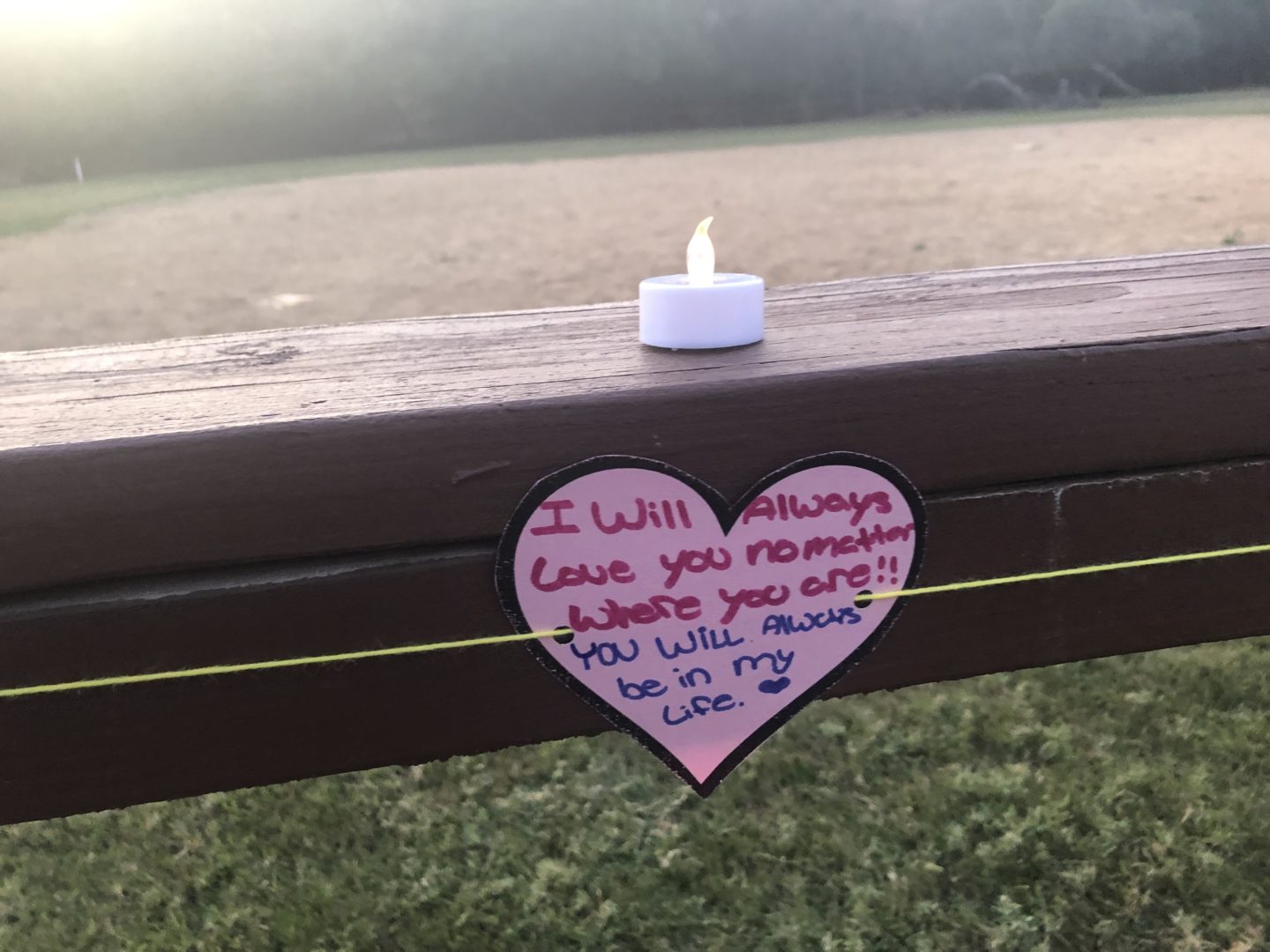Often loved ones of patients at the end stages of illness begin to mourn the physical and emotional losses of the relationship before the death occurs. Called anticipatory grief, this process is natural, yet can also feel distressing. There may have been a long-term illness, like cancer or Alzheimers, but a shorter course disease may also elicit feelings of anticipatory grief.
Understanding anticipatory grief can help us to navigate through it and embrace the opportunities it presents.
For many, the process of anticipatory grief begins with significant changes in the relationship with the person who is dying. No longer being able to enjoy activities together, talk in the way you used to, or a shift to patient and caretaker changes the dynamic of the relationship and these losses trigger grief.
The surviving person may begin to imagine the dying process and what life may be like after the person has died. It is common to have daydream type experiences that may be about the funeral service, what the house will feel like without the person and even ponderings of what future relationships may be like. Often, these thoughts come with feelings of guilt and confusion, with beliefs that remaining present, positive, and appreciative of the person still being alive is the only “right” thing to do.
While the complexities of anticipatory grief are often most prominent for adults, children can certainly experience grief prior to a loved one’s death. Watching changes in the person and to the relationship can bring on feelings of anger, anxiety, depression, emotional numbness, or fear.
By acknowledging these anticipatory feelings and that death is on the horizon, there is an opportunity to prepare, say the things you may regret not saying, and to help the children in their life do the same. Having permission to say goodbye is an opportunity to be embraced, and one that helps bring closure for the dying person, and a healthy start to the grief process for those surviving.
Written by Cara Allen, LCSW.
